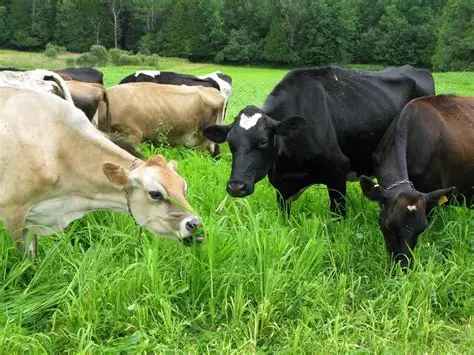616
Daniel Adaji
Nigeria has deepened its partnership with Belgium in the livestock sector with the launch of the ABIS Livestock Academy in Abuja.
Government officials say the move will modernise the industry and boost its global competitiveness.
The Minister of Livestock Development, Idi Maiha, speaking at the National Livestock Transformation Dialogue and the official launch of the academy recently, said Nigeria can no longer rely on outdated practices and weak knowledge transfer.
“The grazing reserve and the abattoir are two ends of the same vision,” he stated.
“At one end, we raise animals sustainably; at the other, we process them to world-class standards. Between these two lies a value chain that creates jobs, empowers youth and women, drives growth, and secures Nigeria’s place in the global livestock market,” Maiha said.
In a statement on Wednesday, the Minister reaffirmed the Federal Government’s commitment to transforming the livestock sector into a modern, resilient, and globally competitive industry.
He praised ABIS for investing in abattoir modernisation, cold storage, and structured meat distribution, while unveiling the academy as a platform for technical training and capacity building across the value chain.
ABIS Chairman, Emmanuel Usman, said the company’s expanding facilities will create over 36,000 jobs nationwide, strengthen food security, promote sustainability through biogas innovation, and enhance Nigeria’s export potential.
Also speaking, the Managing Director of the Nigerian Incentive-Based Risk Sharing System for Agricultural Lending (NIRSAL), Sa’ad Hamidu, revealed that in 2025 alone, NIRSAL trained over 490 livestock actors and facilitated more than N270 billion in loans and investments to players in the sector.
In a related development, Minister Maiha received the Belgian Ambassador to Nigeria, Pieter Leenknegt, on a courtesy visit. The Ambassador announced an upcoming Belgian trade mission to Nigeria in November, which will focus on agriculture, food systems, cold-chain management, and artificial intelligence solutions for livestock identification and traceability.
The Minister, in response, underscored the opportunities in Nigeria’s vast livestock market, valued at over $33 trillion with more than 200 million ruminants. He highlighted areas of collaboration in genetics, vaccines, pharmaceuticals, feed and fodder, and advanced technologies.
He expressed interest in Belgian expertise, particularly the Belgian Blue cattle breed, vaccines, and AI-driven cattle tagging for productivity, collateralisation, and data-driven livestock management.



